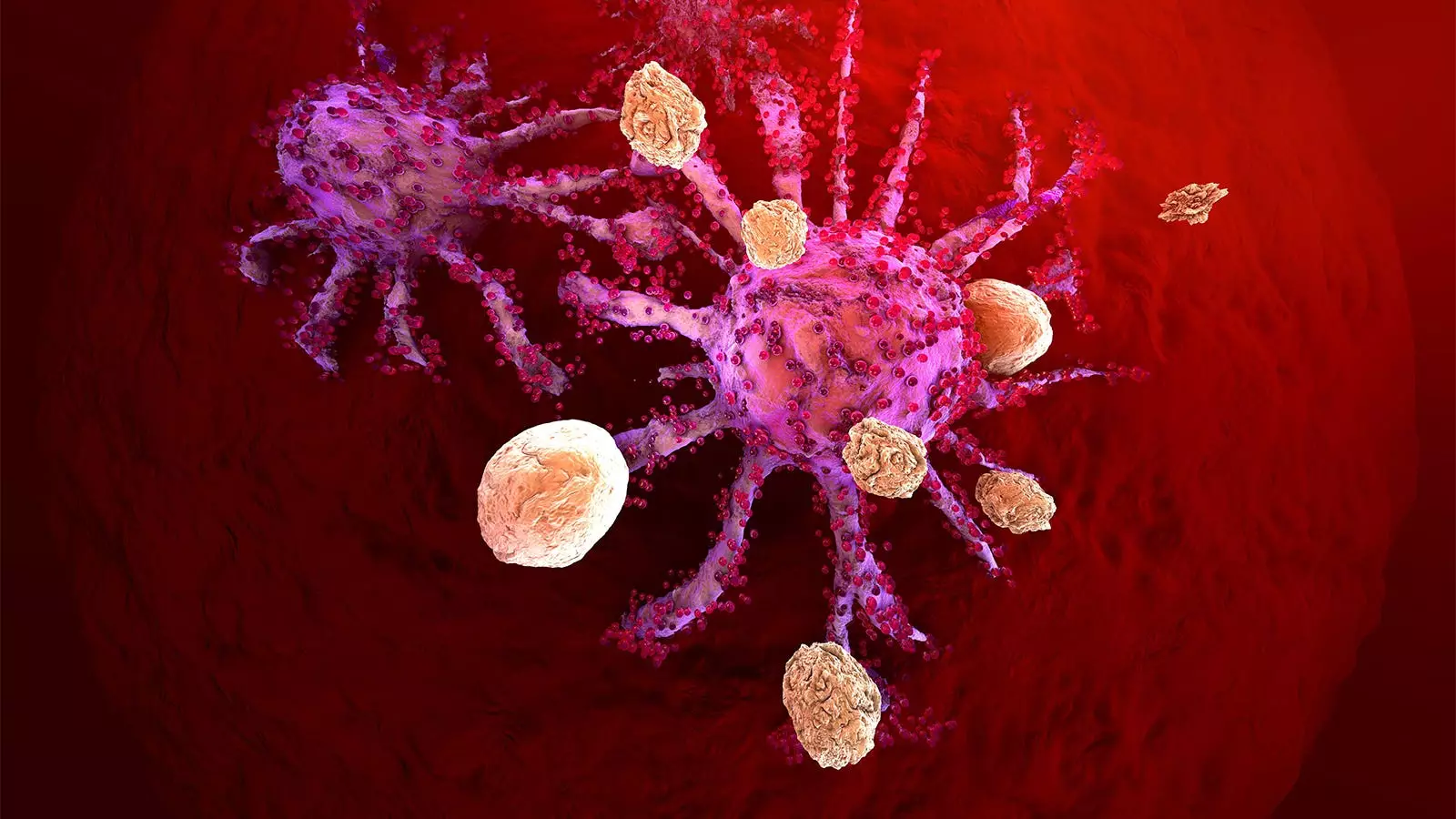In the world of cancer treatment, CAR T-cell therapy is often hailed as a groundbreaking approach with promising outcomes. However, recent news from the FDA regarding black box warnings for all approved CAR T-cell therapies has raised concerns about potential risks associated with this treatment method. As a healthcare professional, it is essential to critically examine the implications of these warnings and assess whether patients and doctors should be worried about the safety of CAR T-cell therapy.
The FDA has identified a small number of patients, specifically 22 individuals, who developed secondary T-cell malignancies after receiving CAR T-cell therapy. While the occurrence of these secondary cancers is indeed a cause for concern, it is crucial to consider the risk ratio in perspective. Out of tens of thousands of patients treated with CAR T-cell therapy, only approximately 1 in 1,000 developed secondary malignancies.
Furthermore, it is essential to acknowledge that these patients had also undergone traditional chemotherapy, which itself can damage cells and increase the risk of secondary malignancies. As a healthcare professional, I have witnessed patients in my clinic who developed secondary myelodysplastic syndromes or leukemias following similar chemotherapy. Thus, the risk of acquiring another cancer must be carefully evaluated in comparison to the potential benefits of treating an aggressive and recalcitrant leukemia or lymphoma.
Black box warnings, while intended to inform healthcare professionals and patients about potential risks associated with a specific treatment, might not always yield the desired impact. Critics argue that physicians often fail to comply with these warnings, with one study revealing a compliance rate of less than 50%. Furthermore, black box warnings can inadvertently discourage patients from taking necessary medications or pursuing certain treatment options.
The FDA has also faced criticism regarding the lack of transparency in the criteria used to issue black box warnings. This lack of clarity can breed skepticism among healthcare professionals and patients, leading to a sense of unease and hesitancy in considering CAR T-cell therapy as a viable treatment option.
When it comes to cancer treatment, there are inherent risks and potential side effects associated with all therapies. CAR T-cell therapy is no exception. However, the potential benefits of this therapy must not be overshadowed by concerns regarding the risk of secondary T-cell malignancies.
If presented with the choice of a treatment with an 80-90% chance of success but a 1 in 1,000 risk of developing another cancer, many patients would choose to proceed with the therapy. Similarly, as healthcare professionals, we are willing to accept significant side effects when treating life-threatening diseases. Therefore, patients should not be unduly concerned about CAR T-cell therapy, just as they would not be about other cancer treatments.
As a doctor, I maintain my support for CAR T-cell therapies and continue to recommend them to my patients. It is essential to have open and transparent discussions about the potential risks involved, including the risk of developing another cancer. Nevertheless, the potential benefits of this therapy outweigh the relatively low risk of secondary malignancies. I commend the FDA for including this additional risk in the safety labeling, allowing both physicians and patients to make informed treatment decisions.
The recent FDA black box warnings regarding the risk of secondary T-cell malignancies associated with CAR T-cell therapy should not unduly alarm patients or healthcare professionals. The occurrence of these secondary cancers is relatively rare in comparison to the potential benefits of this groundbreaking treatment. It is crucial to have open discussions about the potential risks and benefits with patients and ensure that both physicians and patients approach CAR T-cell therapy with eyes wide open. By understanding and acknowledging the risks and benefits, we can continue to make informed decisions in the pursuit of better cancer treatment outcomes.

Leave a Reply